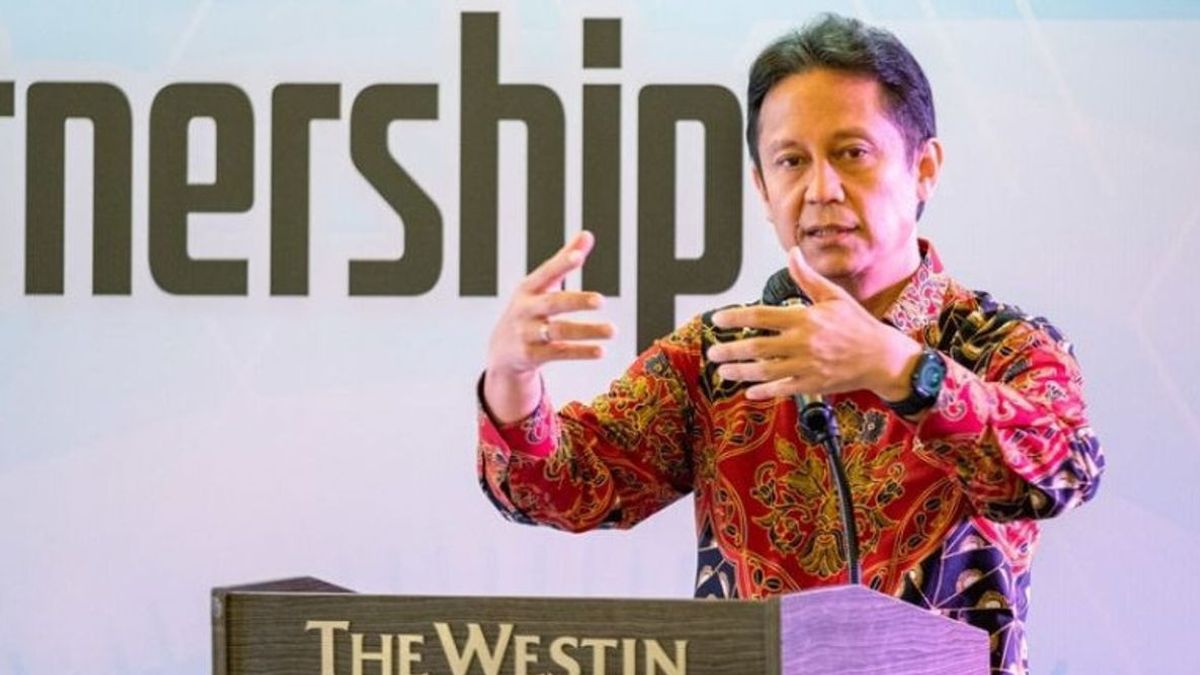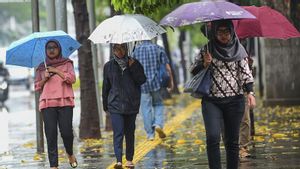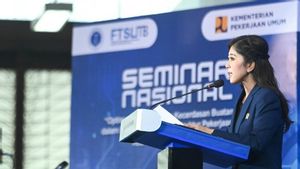JAKARTA - Health Minister Budi Gunadi Sadikin targets all regional hospitals in Indonesia to be able to treat patients with heart photosthetics, stroke, kidney, and cancer.
For this reason, at least 50 percent of hospitals in districts/cities have complete medical devices (alkes) for these four diseases.
"It is targeted that 34 hospitals in all provinces in 2024 can serve cancer, heart disease, stroke, and uronefrology," said Director General ofhayan Services Azhar Jaya in his statement, Saturday, December 24.
Azhar menjelaskan, saat ini belum semua rumah sakit di Indonesia memiliki alat kesehatan lengkap untuk pengobatan penyakit cancer, cardiac, stroke, dan uronefrologi.
"For example, for heart disease, not all provinces have hospitals with facilities to install rings in the heart. Of the 34 provinces, only 28 provinces and 22 provinces can carry out open heart surgery," he said.
Meanwhile, the budget needed to achieve the target of a 50 percent shortage of districts/cities is IDR 3.55 trillion. The budget is distributed to the regions so that the local government is the one who purchases medical devices.
Currently 55 percent of medical devices have arrived. Of the 55 percent of them have installed tools that are also in the installation process.
The 4 percent of the equipment was canceled due to problems from the supplier because it was not ready, could not be identified, the catalog went down and down air, and failed the auction.
"The government is accelerating the delivery of goods and administration of financial accountability at the end of the year. The government will also immediately replace brands for goods that are not available," said Azhar.
The method of fulfilling this medical device, continued Azhar, is a concrete step in health transformation related to referral services. This transformation begins with overcoming the highest causes of death in Indonesia, namely cancer, heart disease, stroke, and uronefrology.
"This is a step to bring closer access to referral health services to the Indonesian people, as well as to reduce the burden on health financing," he added.
The English, Chinese, Japanese, Arabic, and French versions are automatically generated by the AI. So there may still be inaccuracies in translating, please always see Indonesian as our main language. (system supported by DigitalSiber.id)













